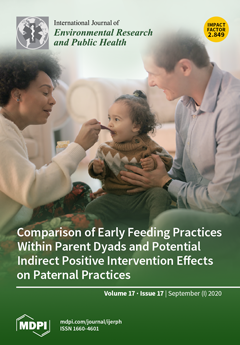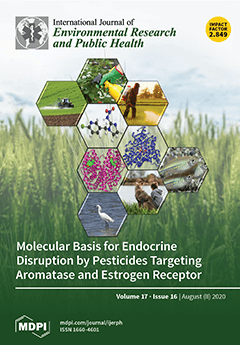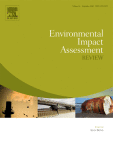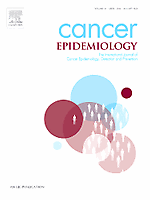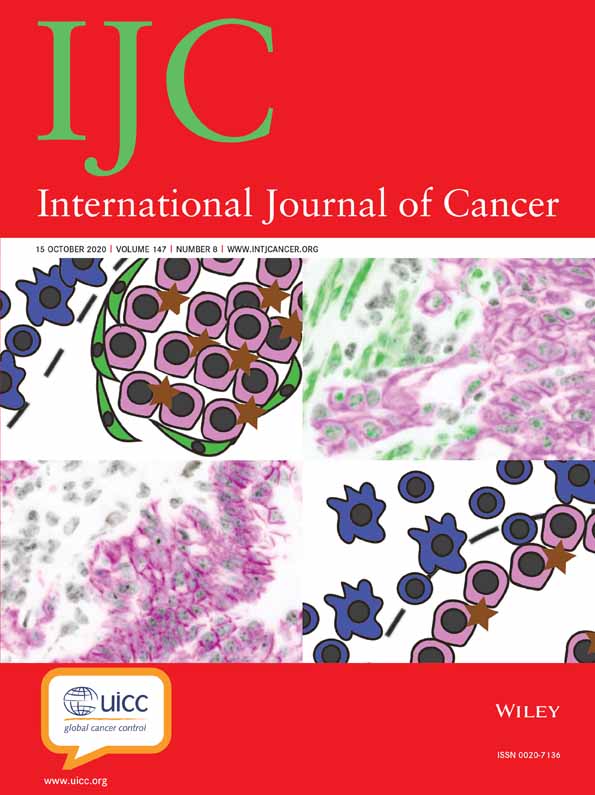La respuesta de Gaceta Sanitaria a la pandemia de D-19. Gestión rápida y transferencia
Vivimos tiempos insólitos, cada vez resulta más evidente que el efecto de la actividad de nuestra sociedad dominada por el neoliberalismo tecno-globalizado tiene efectos muy negativos sobre el bienestar social y del planeta, y abundan las iniciativas científicas para intentar caracterizar la situación actual. Desde la geología han propuesto llamar a nuestra era el Antropoceno,…






